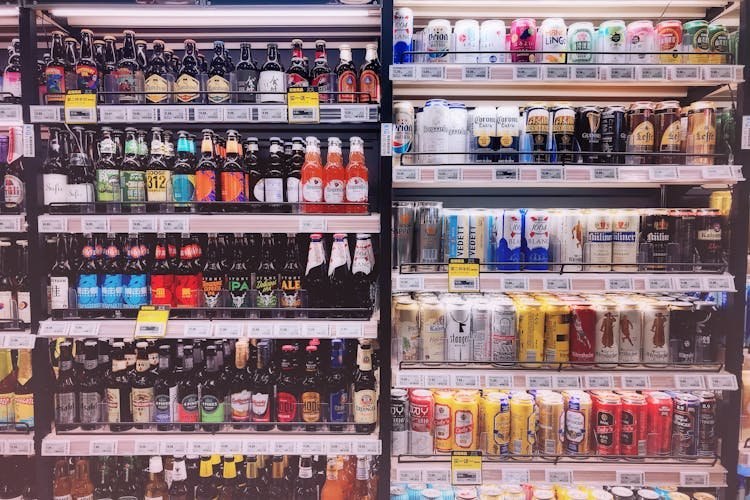
How many consumers prioritize brand values when picking tech products?
In an age when some shoppers are keen to understand where companies stand on certain social and political issues, a third of global consumers say they prioritize a brand’s values over a product’s price when shopping for consumer electronics.
While a majority of global consumers (55%) still prioritize the price of the product or service when considering an electronics purchase, 33% say the brand’s values are a priority. YouGov presented eight sectors to respondents in 17 global markets and found consumers are less likely to consider the ethics of a brand when shopping for tech compared to other purchases, such as vehicles (34%) and banks (34%) - but only slightly so.
Drilling down into market-level data, we see that consumers in urban India (49%), the UAE (48%) and Poland (45%) are most likely to put a brand’s values ahead of product price when considering a tech purchase. Those in the United States (26%), France (22%), the United Kingdom (20%) and Sweden (19%) are least likely to do so.
Broadly speaking, there is an expectation among younger consumers that businesses align themselves with particular political or social causes – issues relating to gender, the environment or race, for example. But when it comes to tech purchases, older global consumers are nearly as likely as younger ones to seriously consider a brand’s values.
Separate YouGov Profiles data indicates consumers in both the US and UK are most comfortable with brands speaking about human rights, environmental issues and animal cruelty in their communications. Potential third rails for US consumers are religion, political party support and capital punishment. In the UK, brands should avoid speaking about regional autonomy, the Monarchy and political party support.
Receive monthly topical insights about the telco industry, straight to your inbox. Sign up today.
Discover more telco content here
Start building a survey now with YouGov Direct
Methodology: The data is based on the interviews of adults aged 18 and over in 17 markets with sample sizes varying between 509 and 2,124 for each market. All interviews were conducted online in August 2021. Data from each market uses a nationally representative sample apart from Mexico and India, which use urban representative samples, and Indonesia and Hong Kong, which use online representative samples.
Image: Getty


































